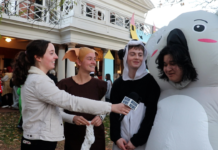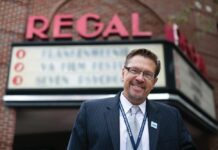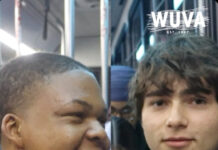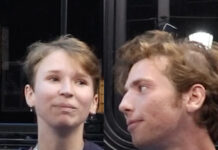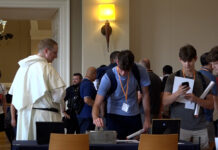Public protests have become more commonplace in our polarised system, and with that situations have become more tense, and voices have become louder. However, are we correctly separating the facts from rhetoric? What can we do to productively address and settle the issues that continue to intensify in our daily political lives?

Professor Colin Bird, director of the Political Philosophy, Policy & Law program in the Department of Politics at Uva, has an idea. He proposes a democracy lab in Charlottesville geared towards understanding the wisdom of strangers. Learning from a stranger is not a matter of checking a box when they know facts that you don’t already. It involves admitting what’s possible, what’s plausible, what could be.
Professor Bird states, “The problem of propaganda in our society is far deeper than that of ‘alternative facts’; indeed, to focus on that issue misses the real problem, for it reinforces the dogma that, outside empirically verifiable facts, there is only ‘subjectivity’ and incorrigible opinion.”
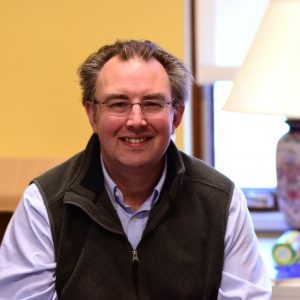
Remember elementary school when you had that homework sheet to indicate whether each statement is fact or opinion? We’re taught first and foremost to process information as fact or opinion. Mark Twain said, “I’ve never let my schooling get in the way of my education.” Facts feed scientists and mathematicians, but they don’t need to be the ultimate standard of truth in politics and other disciplines.
Professor Bird thinks that distinguishing fact from opinion so readily in political discussion could limit us from taking in the wisdom of strangers. “If an alert warns us that there’s a bomb at the end of the corridor, our response to evacuate doesn’t concern whether that’s a fact or an opinion.”
Professor Bird says that some particularly insidious political arguments use facts, but many amount to nothing more than propaganda. Professor Bird proposes a Propaganda Busters class at Uva to “focus specifically on really bad examples of political, irrational manipulation,” and teach students to spot and avoid this manipulation.
Whether or not we get the chance to directly participate in sustained dialogue or take a course on busting propaganda, Professor Bird says that we can all work harder to “think more in terms of ‘wisdom versus folly’ than ‘fact versus opinion,’” to take a step toward democratizing wisdom.
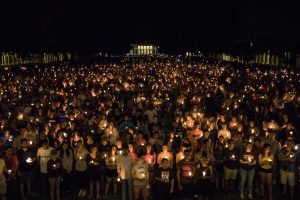
For information regarding Professor Bird’s Democracy Lab you can visit his proposal on the UVa website at http://as.virginia.edu/faculty-ideas-democracy-labs#section-1. If you would like to get engaged with the creation of Democracy labs check out the University’s call for proposals at http://as.virginia.edu/call-democracy-labs.







